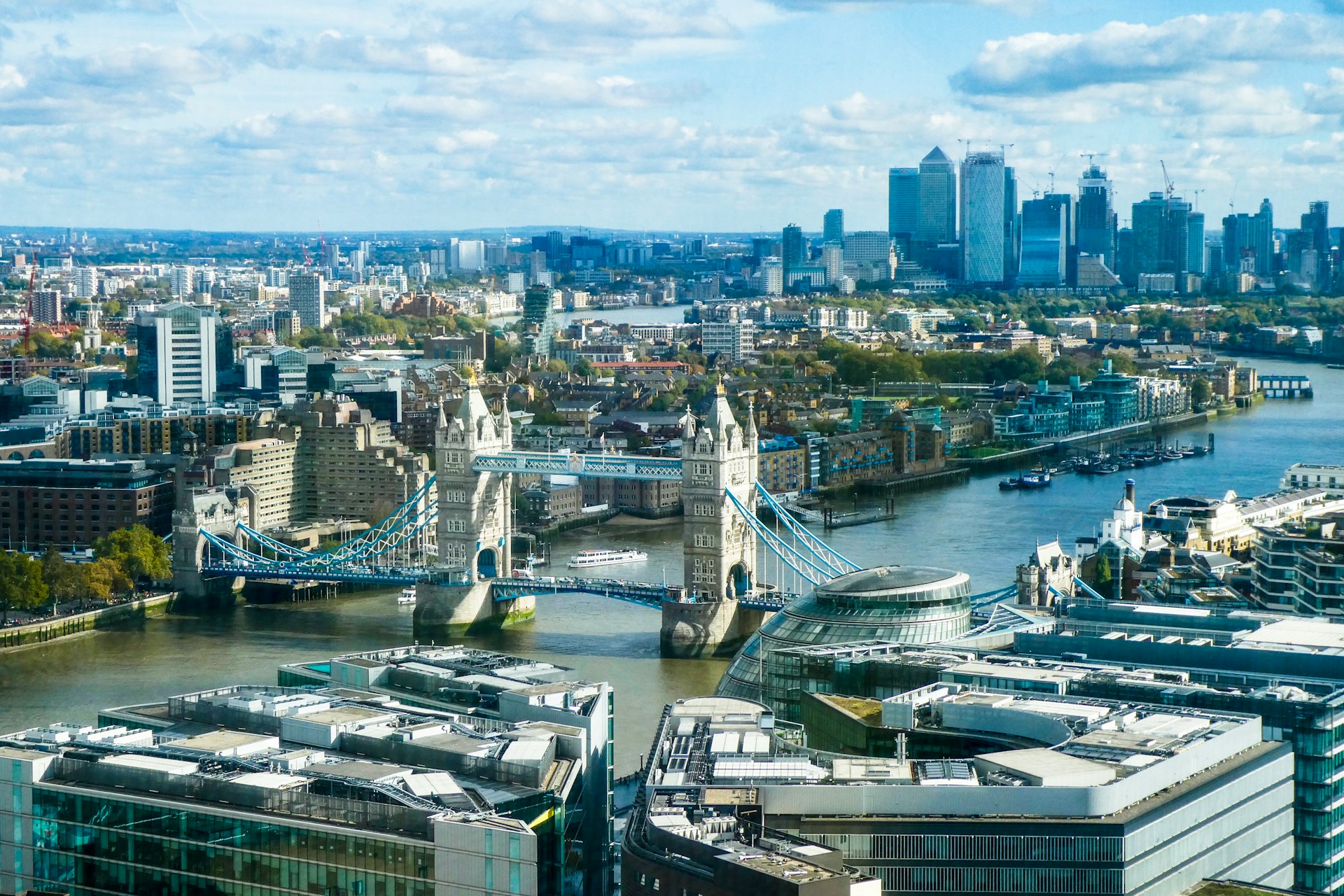Local elections in Britain are expected to yield significant losses for the two dominant political parties, signaling a potential shift towards the rise of hard-right populism and the fragmentation of a long-standing political duopoly.
These elections in England mark the first since Keir Starmer assumed the role of Labour prime minister and Kemi Badenoch took the reins of the beleaguered Conservative opposition last year.
The anti-immigrant party Reform UK is anticipated to gain ground, alongside the centrist Liberal Democrats and the left-leaning Greens, indicating a trend towards a more diverse political landscape in Britain.
Political analyst John Curtice noted in the Telegraph that the upcoming polls "may be the first in which as many as five parties are significant contenders."
Historically, British politics has been largely influenced by the centre-left Labour party and the centre-right Conservatives since the early 20th century. However, last year's general election results and recent polling suggest a movement towards increased political pluralism.
Public sentiment appears to be shifting, with many Britons expressing dissatisfaction with the two main parties amid sluggish economic growth, high rates of irregular migration, and declining public services.

Labour secured a substantial parliamentary majority in July with only 33.7 percent of the vote, marking the lowest percentage for any party winning a general election since World War II.
The Conservatives garnered just 24 percent of the vote, resulting in a mere 121 seats in the 650-seat parliament, representing their worst electoral defeat to date.
Reform, led by the Eurosceptic Nigel Farage, achieved five seats, a historic milestone for a hard-right party in Britain, while the Liberal Democrats increased their representation by 61 MPs compared to the previous election, and the Greens saw their numbers quadruple to four.
According to political scientist Rob Ford, "fragmentation is inevitable" in the upcoming council, mayoral, and parliamentary elections.
"We can expect losses for both the Tories and Labour, but the extent will not be the same," said the University of Manchester politics professor, noting that the Conservatives are defending two-thirds of the council seats.
On Thursday, 1,641 seats across local authorities will be contested, along with six mayoral positions and a parliamentary seat in Runcorn and Helsby in northwest England.
- 'Challenging' -
Farage's party is favored to win the parliamentary by-election, capitalizing on public concerns regarding job availability and opposition to migrants arriving in England via perilous boat crossings from France.
Labour has faced backlash over welfare reductions and tax increases during its challenging return to power after 14 years in opposition, and Starmer's approval ratings have plummeted in recent polls.
His challenge in Runcorn is compounded by the fact that the vote was triggered by Labour MP Mike Amesbury's resignation following a suspended jail sentence for assault.
Labour previously won the constituency with a 53-percent vote share last year, while Reform trailed with just 18 percent, but Starmer has acknowledged that winning will be "challenging."
On Tuesday, a YouGov poll indicated that Reform led with 26 percent of voting intentions in Britain, three points ahead of Labour and six points above the Conservatives.
Success in Runcorn, along with victories in mayoral races such as Greater Lincolnshire and the election of numerous councillors, would bolster Reform's grassroots efforts ahead of the next general election, likely scheduled for 2029.
Polls will close at 10:00 pm (2100GMT), with results expected to begin rolling in on Friday morning.
The last time these seats were contested was in May 2021, during the peak of former Tory PM Boris Johnson's popularity, suggesting that the Conservatives may face significant losses, intensifying speculation about a potential coalition with Reform.
The Tories are also facing pressure from the left due to the Liberal Democrats, who are aiming for gains in affluent southern regions.
As Labour shifts further to the right, it is increasingly threatened by the Greens on the left.
"For the major parties, it's akin to a couple struggling with a blanket that's too small," Ford remarked. "No matter how they adjust it, they will inevitably leave themselves exposed somewhere."